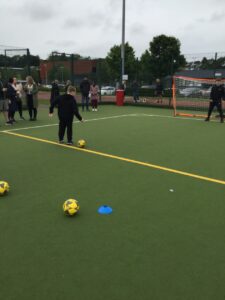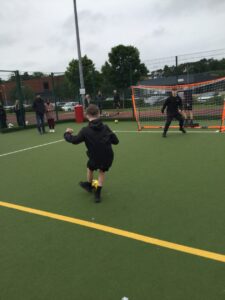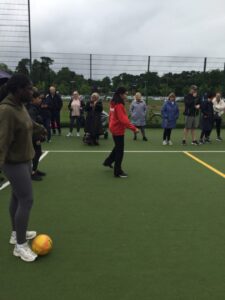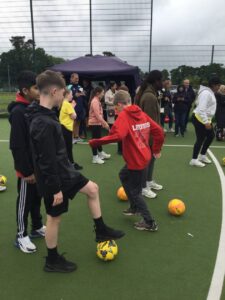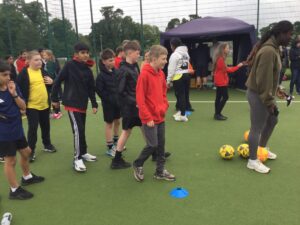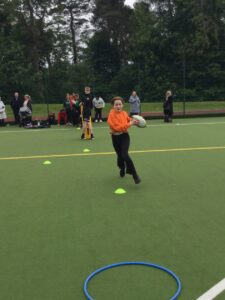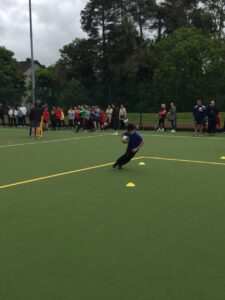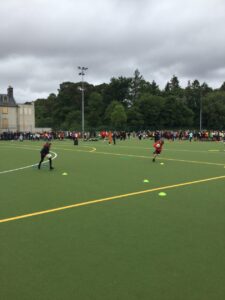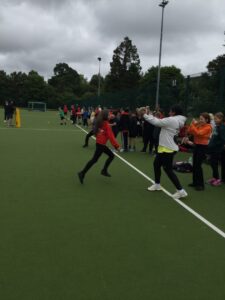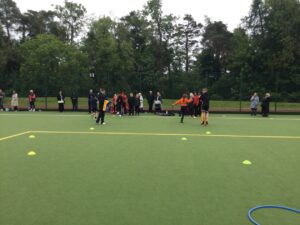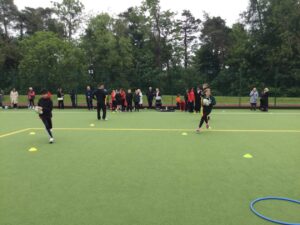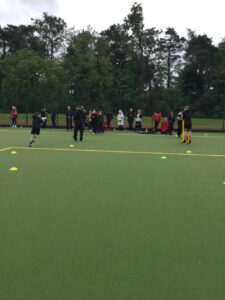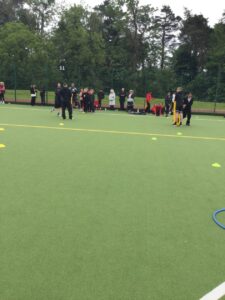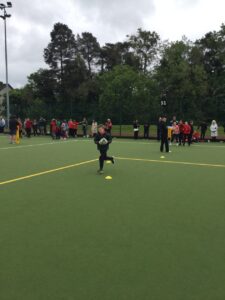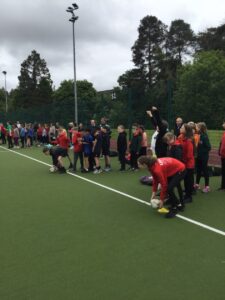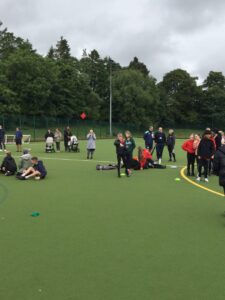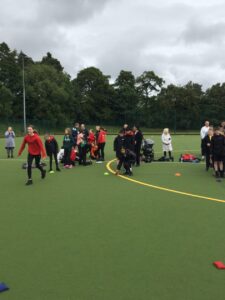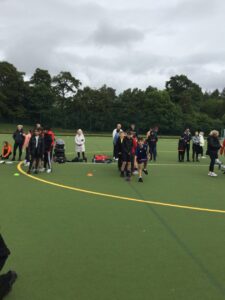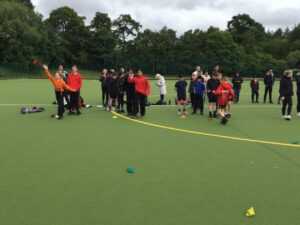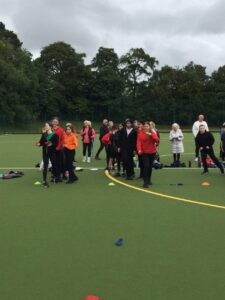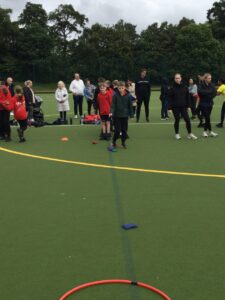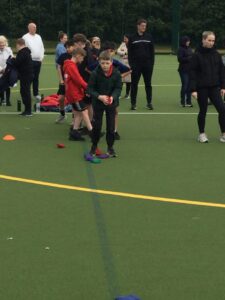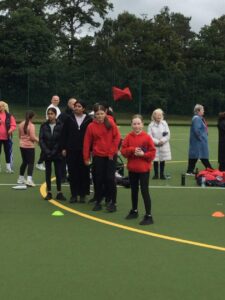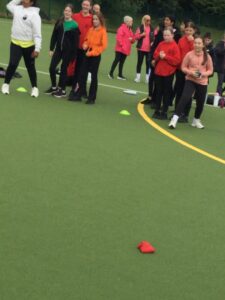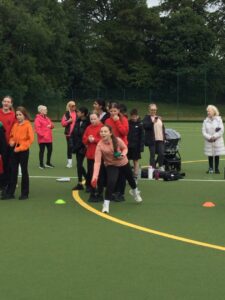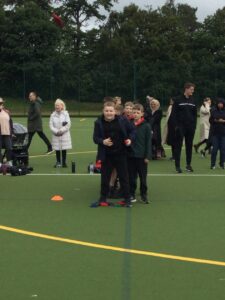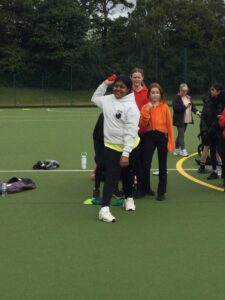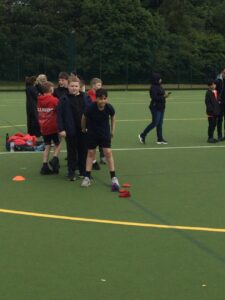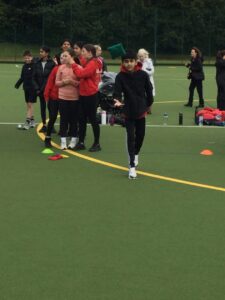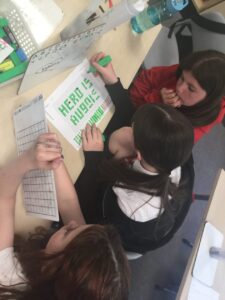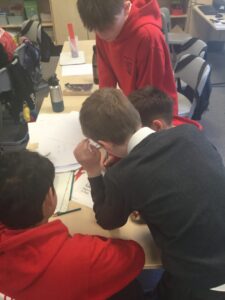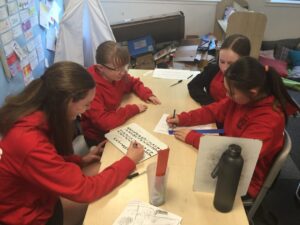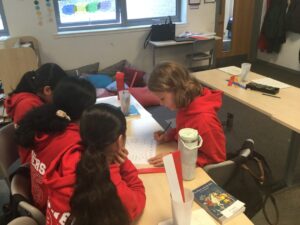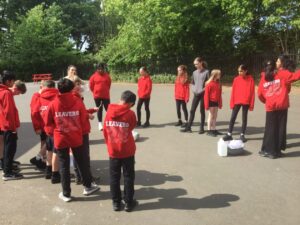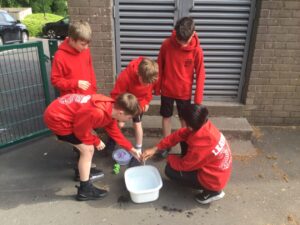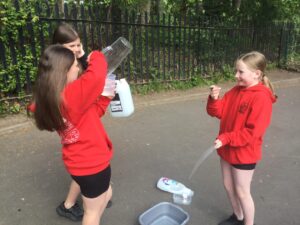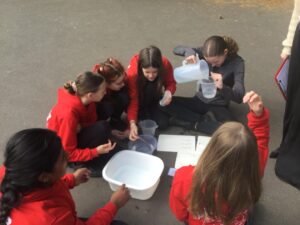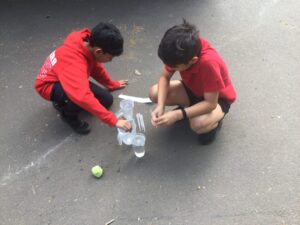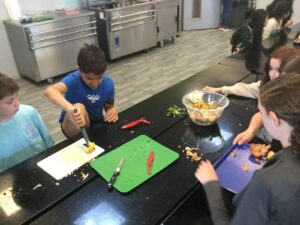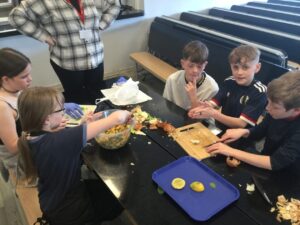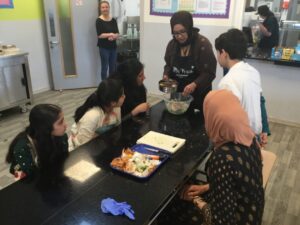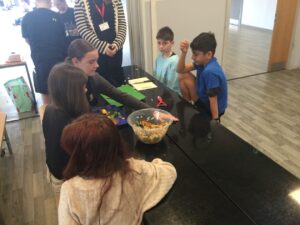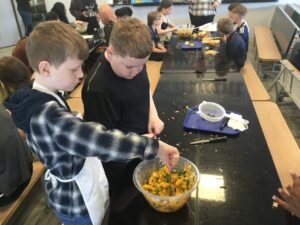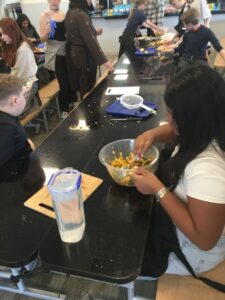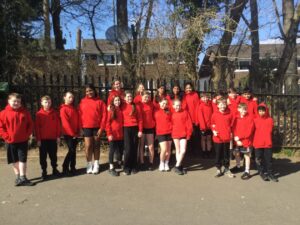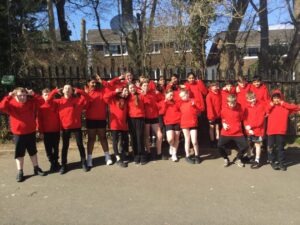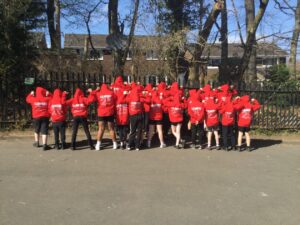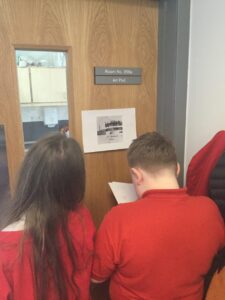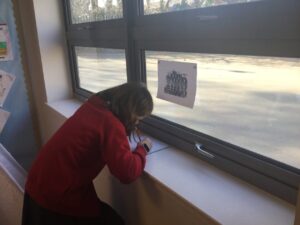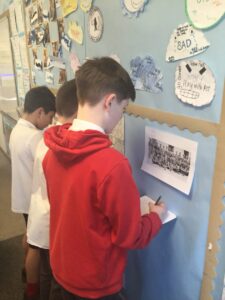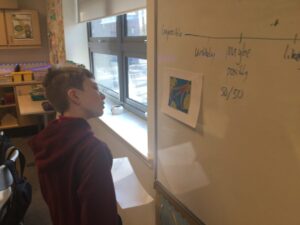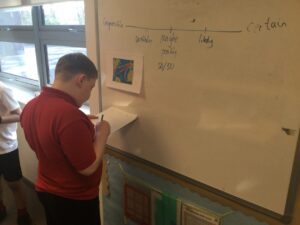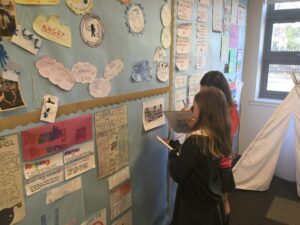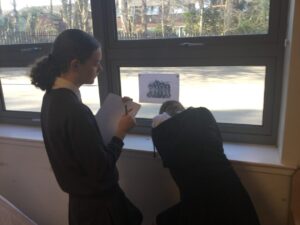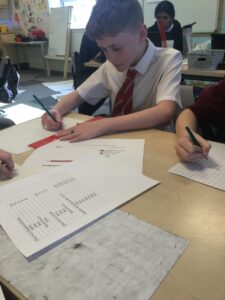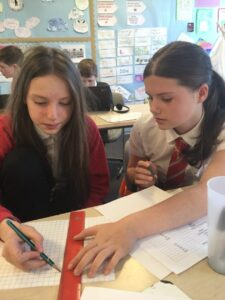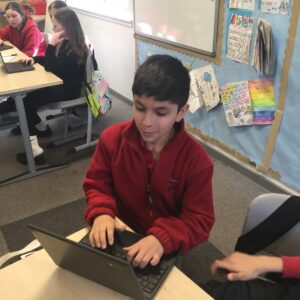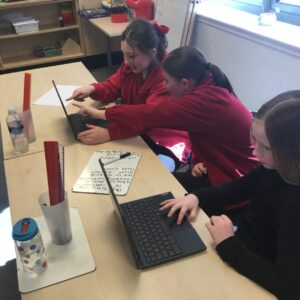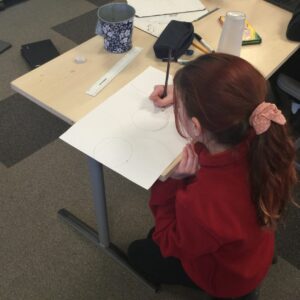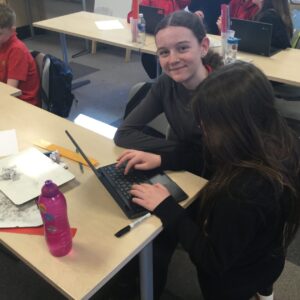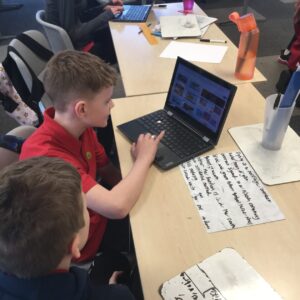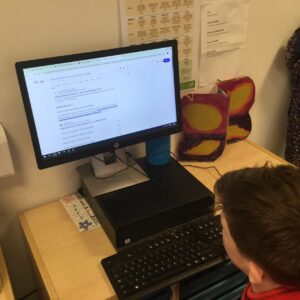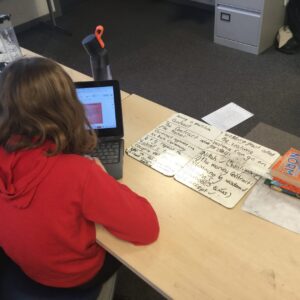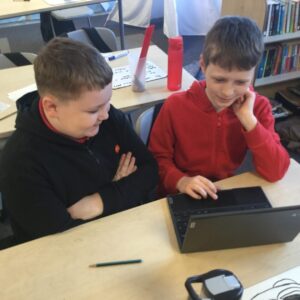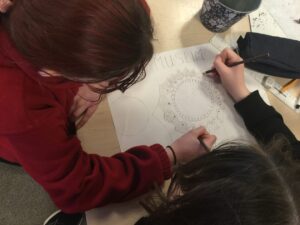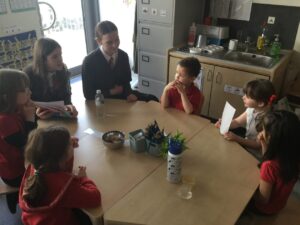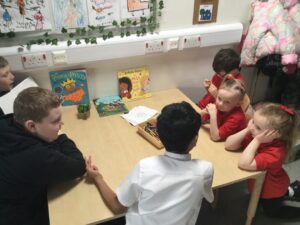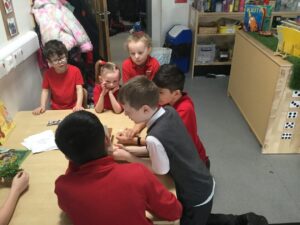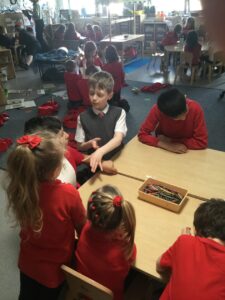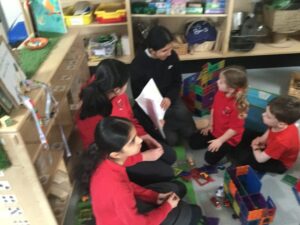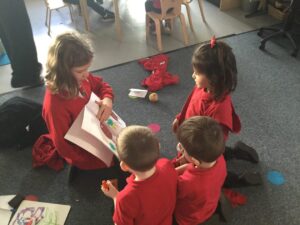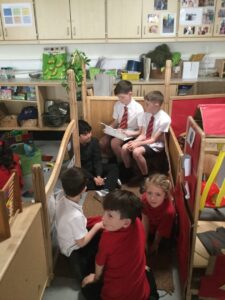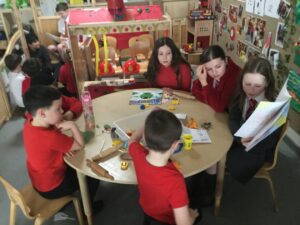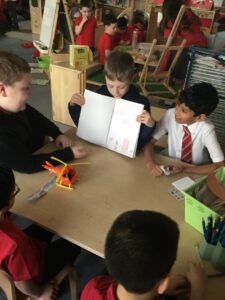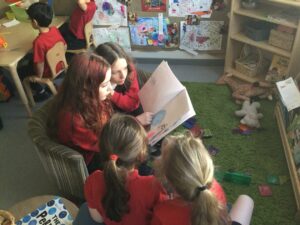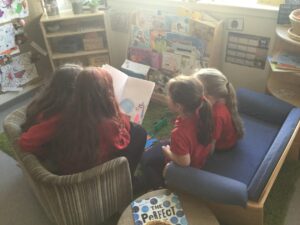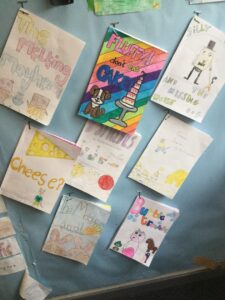Hello to all the P7C blog readers, it’s Mr Atkinson here! As you will know this year I am doing NCCT for primary P7C with a focus on developing Crookfur’s Inquiry Based Learning approach so I wanted to give you an update of what we have been doing.
In our first Learning Journey – Plant Growth and Farming, we revisited parts of plants and what they require to survive. Once having been explained how fertilisers affect the development of plants the pupils then researched different types organic and inorganic fertilisers. We also studied some labels on fertilisers and discussed the importance of how to use them safely and we looked at the percentages of the chemicals in them. The pupils then created farming maps of Scotland and made a key to label arable, dairy and mixed farming areas. We then had a heated debate about land use with pupils eagerly defending and arguing against who should get priority with developing land and who damages environments the most. We have also partnered with the University of Glasgow and taken part in their educational programme Sci-Seedlets. In this project we did a science experiment to test and compare how maize seeds grow when given water or salty water. This was to check whether sea water would make a good alternative option to watering plants as droughts are increasing in parts of the world. We recorded the growth progress of the plants over a few days and at the end of the experiment we took them out the soil. The pupils observed that the roots were smaller in the salt water container and concluded that salt water could be used to feed plants but their growth would be delayed.
Afterwards, the META Skills of Creativity and Curiosity were introduced to the class through a series of lessons and activities. We also discussed how these skills are relevant in everyday life and how they can be further developed.
Our next Learning Journey involved investigating what a Carbon Footprint is through the STAT WARS competition. First the class explored some of the sources of CO2. Then the pupils organised themselves into groups and by using Excel recorded their individual carbon footprints which identified a shared common problem. The pupils displayed excellent teamwork skills whilst designing their campaign posters using Adobe Express, summarising the project in a blog entry and producing presentations with graphs and charts that they created. Throughout this I was incredibly impressed with their enthusiasm, resourcefulness and dedication. The final task for each group was to write a letter to the local MSP about the importance of reducing the different issues that cause carbon footprints and we were delighted to receive a return letter this week. The MSP complimented our excellent analyse, extensive research and interesting proposals.
We returned to exploring the META Skills with a focus on how we use collaborating and communication. We recognised that we had used these two META Skills during our STAT WARS project work when we respectfully listened to each other, compromised and took turns. We have also learned about the importance of communicating our emotions which we did through expressing our thanks to Mr Flood for his wonderful teaching! We also applied our communication skills by writing an article about ourselves being local heroes in the future and we included a section about how we gave back to the community.
Our new Learning Journey is about the evolution of batteries. Mr McCormick from the science department at Eastwood High School came across a couple of weeks ago and showed some of us how to create a fruit/vegetable battery! We then recorded the meter readings of lemons, limes, oranges, apples and potatoes and discussed why the results may differ. At the moment we are in the middle of creating a timeline showing how batteries have developed over the years!
Mr Atkinson
